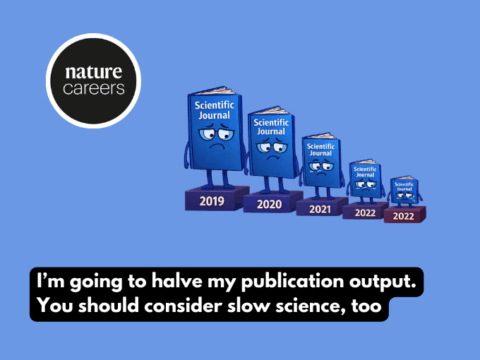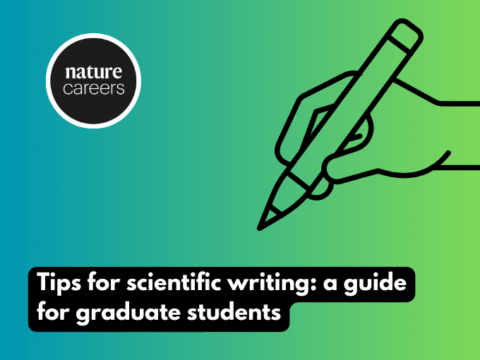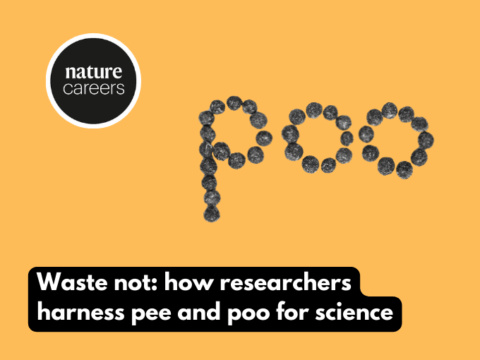
This is an article from the Nature Careers Community, a place for Nature readers to share their professional experiences and advice. Guest posts are encouraged.
As a PhD student, my research involved doctoral education as well as postdoctoral careers.
In the literature and in interviews with PhD holders, I learnt about the precarity of academic-research careers, the often-toxic culture and the lack of work–life balance. I was also aware of the low salaries and high rates of anxiety and depression among early-career researchers. But I hoped that having this bird’s-eye view would prepare me for the inevitable challenges I would face as I pursued an academic career of my own. I did all of the right things, based on my research: I began applying for jobs six months before my thesis defence. I scoured websites such as higheredjobs.com and jobs.ac.uk every week, and approached my thesis supervisors and my university’s careers-services office for feedback on cover letters. I studied blog posts on academic-career planning and drafted possible research proposals for fellowship applications.
When I completed my PhD at the University of Oxford, UK, in November 2020, my job search became a daily ritual. I had a part-time, casual research-assistant contract at Oxford, which needed to be renewed every 12 weeks, and picked up temporary work where I could. Meanwhile, conversations with colleagues and professors inevitably turned to my career plans. I logged on to Twitter every morning to find colleagues publishing in high-impact journals, presenting at international conferences and securing grants and new jobs. Rejections filled my inbox.
I had managed to maintain a sense of purpose during my PhD programme — but in the months following its conclusion, I no longer felt as if I belonged in the academic world. Despite having interviewed others about these same feelings, I questioned the value of my research and second-guessed my skills. I had panic attacks in the middle of the night. I avoided using the ‘Dr’ title in presentations, on social media or over e-mail because I felt like a sham — someone who had bluffed her way to a PhD and could not perform on the test that mattered most, getting a job.
Although I knew that rejections were inevitable — and that many PhD holders submit dozens of applications before even one success — each one was devastating. No amount of reading or academic knowledge could have prepared me for the sense of failure I felt. My PhD research exacerbated my anxiety as I reviewed the daunting statistics and many reasons why academic careers often do not work out.
Although I considered non-academic positions, I wanted to make every effort to secure a postdoc position…
Read the rest of this blog and get evidence-based strategies help manage post-PhD imposter syndrome here on the Nature Careers Blog: https://www.nature.com/articles/d41586-021-02215-0

 Print This Post
Print This Post




